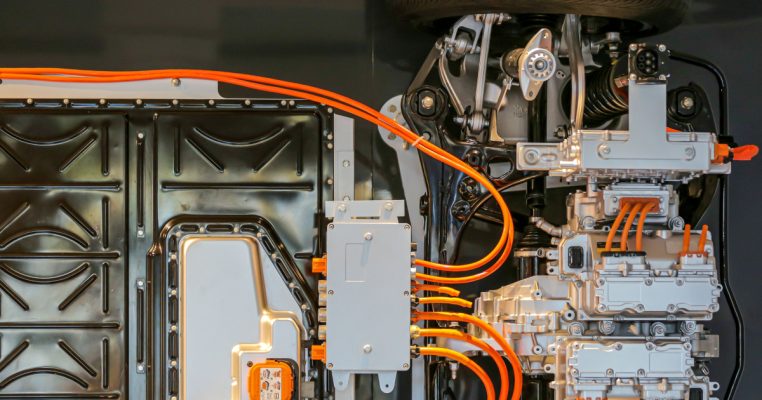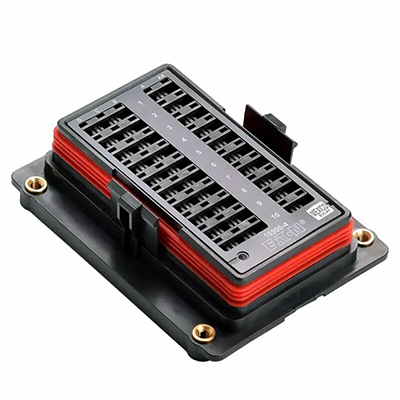The Essential Function of Automotive Fuses in Protecting Engine Control Modules for Reliable Vehicle Performance
News 2025-10-13
In the complex landscape of automotive electronics, the engine control module (ECM) acts as the brain of the vehicle, managing essential functions like fuel injection, ignition timing, and emissions regulation. Automotive fuses specifically designed for ECM protection are critical components that prevent damage from electrical overloads or short circuits. These fuses ensure that any surge in current is swiftly interrupted, safeguarding the ECM and maintaining overall engine efficiency and safety. By integrating high-quality fuses, automakers and technicians can enhance the durability of vehicle systems, reducing the risk of failures that could lead to breakdowns or expensive repairs.

Key Applications in Modern Automotive Systems
Car fuses for ECMs find extensive use in various vehicle types, from conventional gasoline engines to advanced hybrid and electric models. In everyday driving scenarios, such as during engine startups or when powering auxiliary systems, these fuses protect the ECM from voltage spikes caused by faulty wiring or component malfunctions. For instance, in electric vehicles, where high-voltage batteries are common, ECM fuses play a vital role in isolating the control module during power fluctuations, ensuring seamless operation and preventing cascading failures. This application extends to commercial fleets and performance cars, where reliable ECM protection is crucial for maintaining consistent performance under diverse conditions.
Performance Advantages of Specialized Fuses
Automotive fuses engineered for ECM use offer distinct performance benefits that enhance vehicle reliability. They provide rapid response to overcurrent situations, melting quickly to disconnect the circuit and minimize heat damage to sensitive electronics. Constructed from durable materials, these fuses resist corrosion and withstand extreme temperatures found in engine compartments, ensuring long-term functionality. Additionally, their precise amperage ratings allow for accurate protection without unnecessary interruptions, which supports better fuel economy and reduced emissions. This level of performance not only boosts vehicle longevity but also contributes to safer driving experiences by averting potential electrical fires or system shutdowns.
Frequently Asked Questions
1. What types of fuses are commonly used for car ECMs?
Answer: Blade and micro fuses are most common, offering compact size and easy replacement for various vehicle models.
2. How can a faulty ECM fuse affect vehicle operation?
Answer: It can cause engine misfires, warning lights, or complete failure to start by disrupting power to the control module.
3. Why is selecting the correct fuse rating important?
Answer: Proper rating prevents under-fusing, which might not protect adequately, or over-fusing, which could allow dangerous overcurrents to persist.


